The first time it happened, it caught me off guard. I paused for a microsecond, then shook it off as an isolated incident and continued on with my day. A few weeks later, though, it happened again… and then again… until one day, it just became the norm.
I am talking, of course, about that two-syllable word that is an inevitable rite of passage for every young woman living in France.
“Madame.”

From Madame to MadameMoiselle: A Rite of Passage
You see, there comes a time in every French woman’s life when she goes from being a Mademoiselle to a Madame. Now, in theory, this happens when she gets married, since the two words have historically been used the way “Miss” and “Missus” are in English.
But as a French friend once explained to me, most people default to Mademoiselle when addressing a young woman they don’t know. However, he added, “à partir d’un certain âge…”
Ah yes. It’s those ominous words, followed by that pregnant ellipsis full of unspoken meaning that say it all. After a certain age, the default greeting goes from Mademoiselle to Madame. But since your average passer-by doesn’t know how old you are, this label is basically just a judgement call based on how old they think you look.
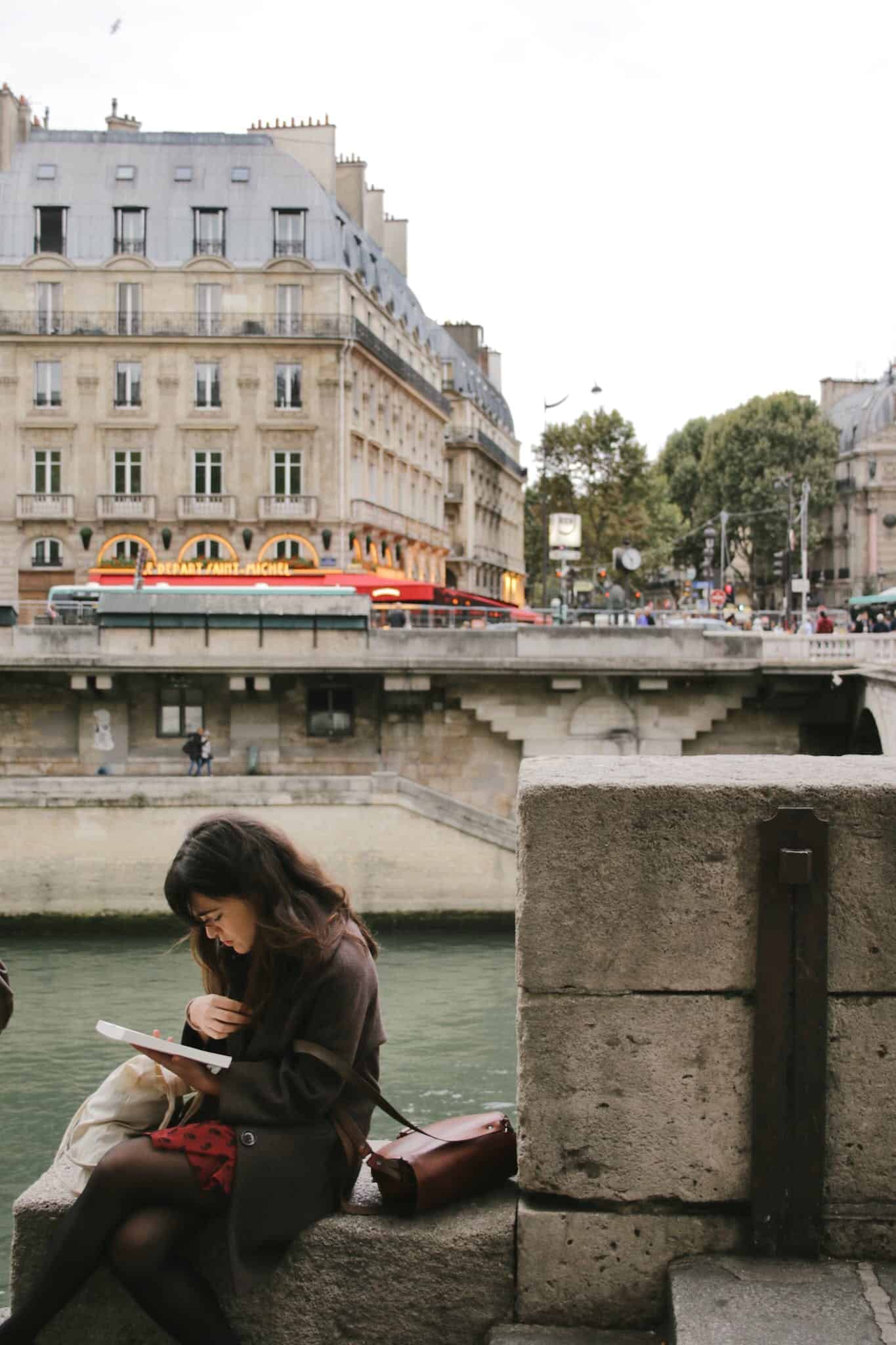
In short, being called Madame instead of Mademoiselle means the person you are speaking to has sized you up in one swift glance and decided that you are clearly past a certain age. It was like a tiny little stake through my heart every time I heard it. As far as I was concerned, people may as well have been saying, “Bonjour, la vielle!” (“Hello, old lady!”)
I couldn’t even avoid it. In France, Mademoiselle, Madame, and Monsieur are an integral part of everyday life. From bakeries to brasseries, the greeting “Bonjour Mademoiselle/Madame/Monsieur” is de rigueur. If you want to leave the house, it’s unavoidable.
In short, you’re pretty much Ma-damned if you do and Ma-damned if you don’t.
When it first started happening, I would stare into the mirror at home, trying to figure out what had changed. Were there suddenly more wrinkles around my eyes? Had I sprouted a multitude of grey hairs overnight? What was it that gave me away?
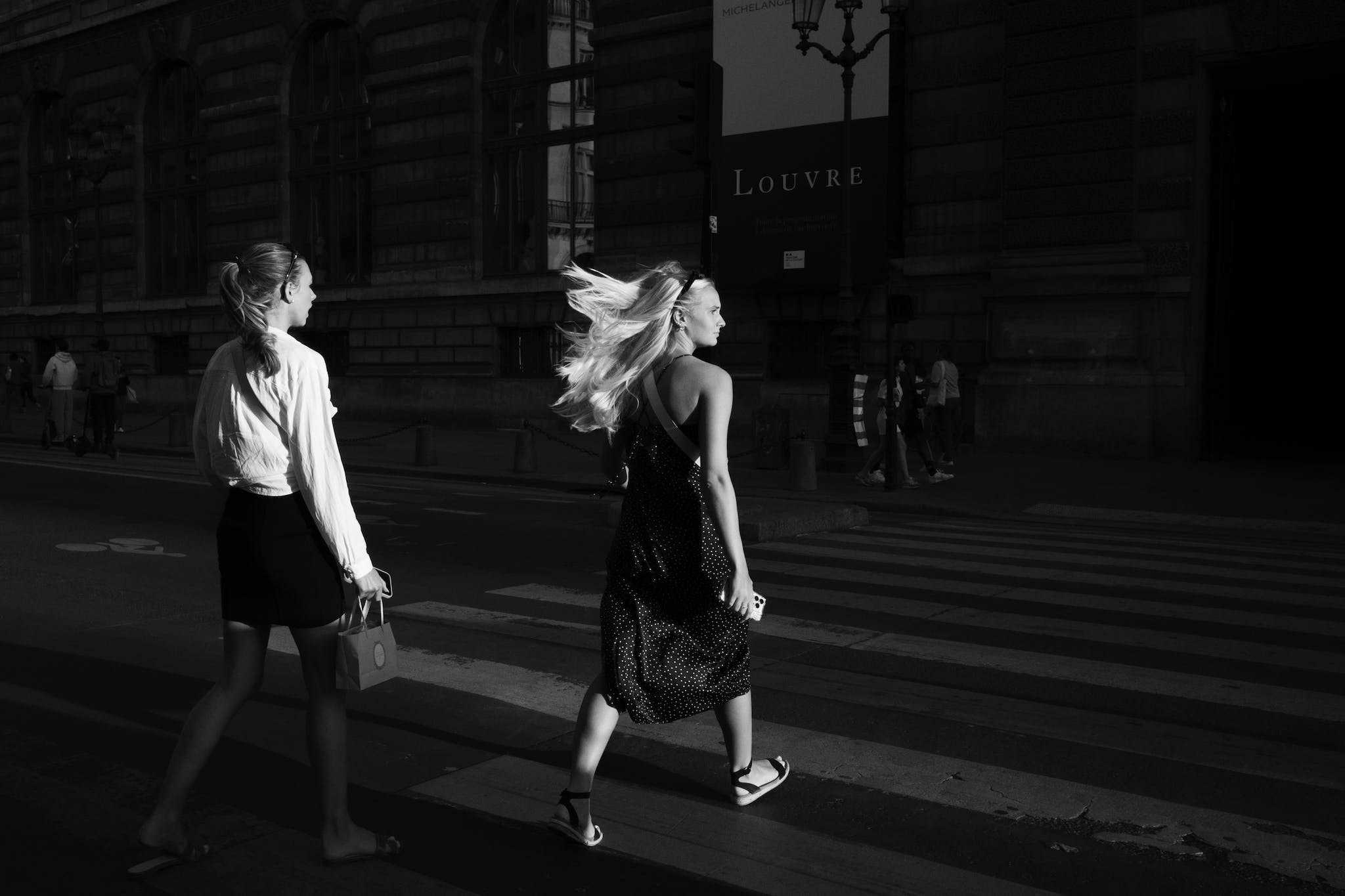
After a Certain Age….
When my obsessive scrutinizing didn’t turn up any answers, I turned to Google to find out exactly what age à partir d’un certain âge was referring to. Alas, my research returned no conclusive results. 23-year-olds fretted about being called Madame. 37-year-olds gloated about being called Mademoiselle.
“Don’t worry,” my friends reassured me. “It’s because the government passed a new law banning ‘Mademoiselle’ from all official documentation.” But this argument is less than convincing when the store clerk addresses the girl in line ahead of you as “Mademoiselle,” only to hit you with an unequivocal “Madame” when your turn is up.
Then there was the time a waiter greeted me with a cheery, “Bonjour Mademoiselle!” and, just as I was starting to perk up, hastily corrected himself, “Pardon, Madame.” I felt like a deflated balloon for the rest of the day.
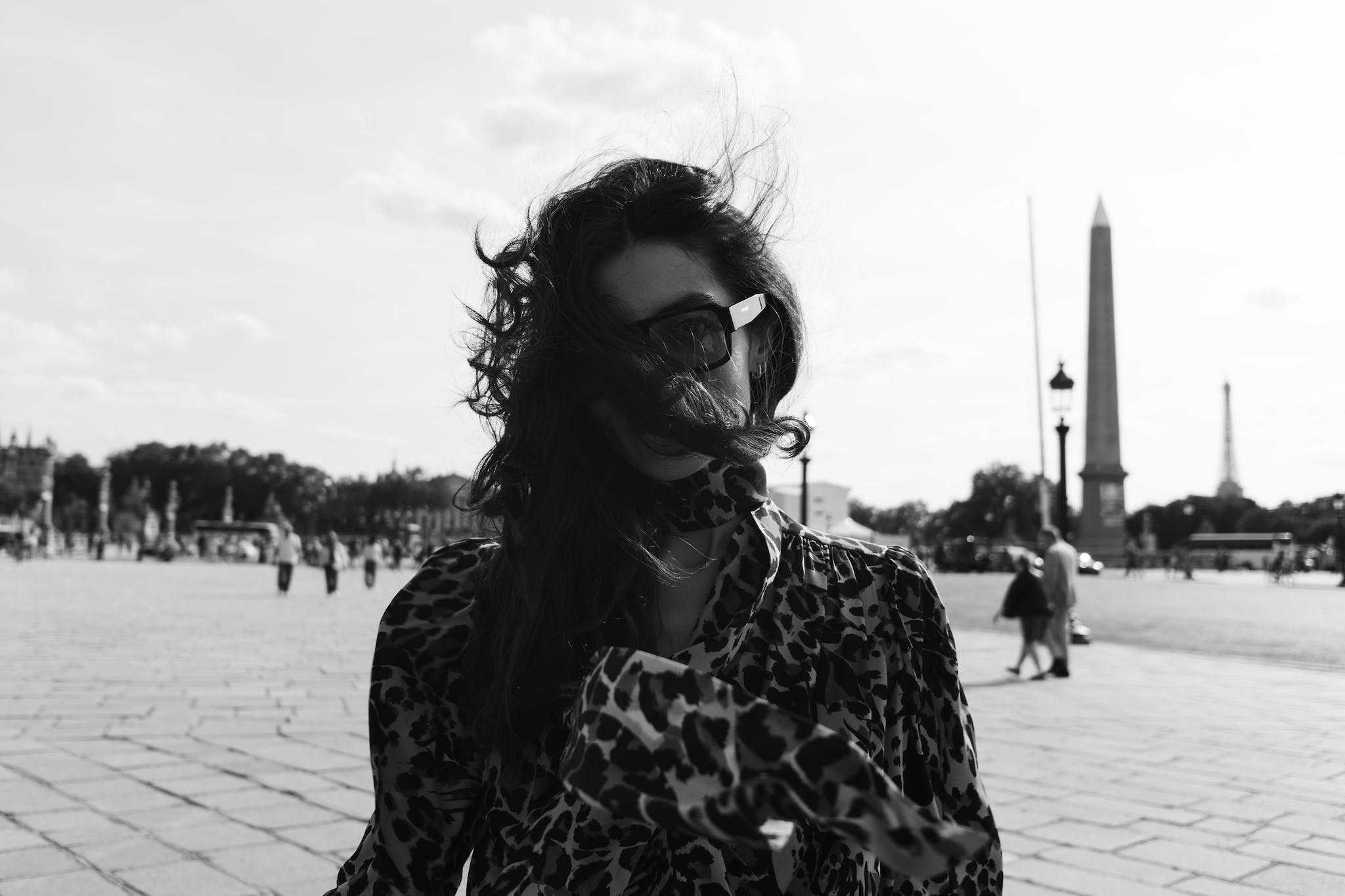
I suppose I could have resisted, like Catherine Deneuve, who still goes by Mademoiselle despite the fact that she was born in 1943. In the end, though, I decided there was nothing left to do but accept my change in status with good grace.
Every once in a while, I do still get the odd Mademoiselle. It’s a bit like getting carded after 30—a little pick-me-up that makes you feel like you’ve still got it.
But as the years go by, I know these instances will get fewer and farther between. The day will come when calling me Mademoiselle will seem so absurd that even servers shamelessly angling for tips won’t dare use it. The prospect seems depressing, but maybe by that time, I will be over the whole thing and happy to be addressed with the respect and deference befitting my age.
Or maybe, like Catherine Deneuve, I will defiantly remain a Mademoiselle at heart and in spirit, free to go wherever the wind takes me, regardless of how many grey hairs there are atop my head.
MaDAME And Mademoiselle – FAQ’s
Traditionally, Madame was used for married women and Mademoiselle referred to unmarried, younger women. Madame is more formal, and often used to refer to women in positions of authority, like government officials, educators, or medical doctors. Now it is common that madame is used for all women regardless of marital status.
In 2012 the French government, in response to years of campaigning by feminist groups, began phasing out the use of Mademoiselle in official documents, encouraging the private sector to follow its lead. Some people see Mademoiselle as sexist and old-fashioned, although it is still commonly used, especially in informal situations. When in doubt, use Madame.
Mesdames or Mesdemoiselles.
Mx is an English language neologism sometimes used as a gender neutral title. A widely used gender neutral pronoun is iel which combines il and elle.
Related Links
- Find out how loaded a smile in Paris can be.
- Searching for your morning fix? Find out where to get the best croissant in Paris.
- Keen to learn some other lessons on French culture and life? Jane Bertch shares lessons learned building a life and starting a business in France.
- Find out what it’s like to date French men from a Gen Z expat in Paris.
Written by Darlene Lim for the HiP Paris Blog. Looking to travel? Check out Plum Guide and our Marketplace for fabulous vacation rentals in Paris, France or Italy. Looking to rent long or short term, or buy in France? Ask us! We can connect you to our trusted providers for amazing service and rates or click here. Looking to bring France home to you or to learn online or in person? Check out marketplace shop and experiences.



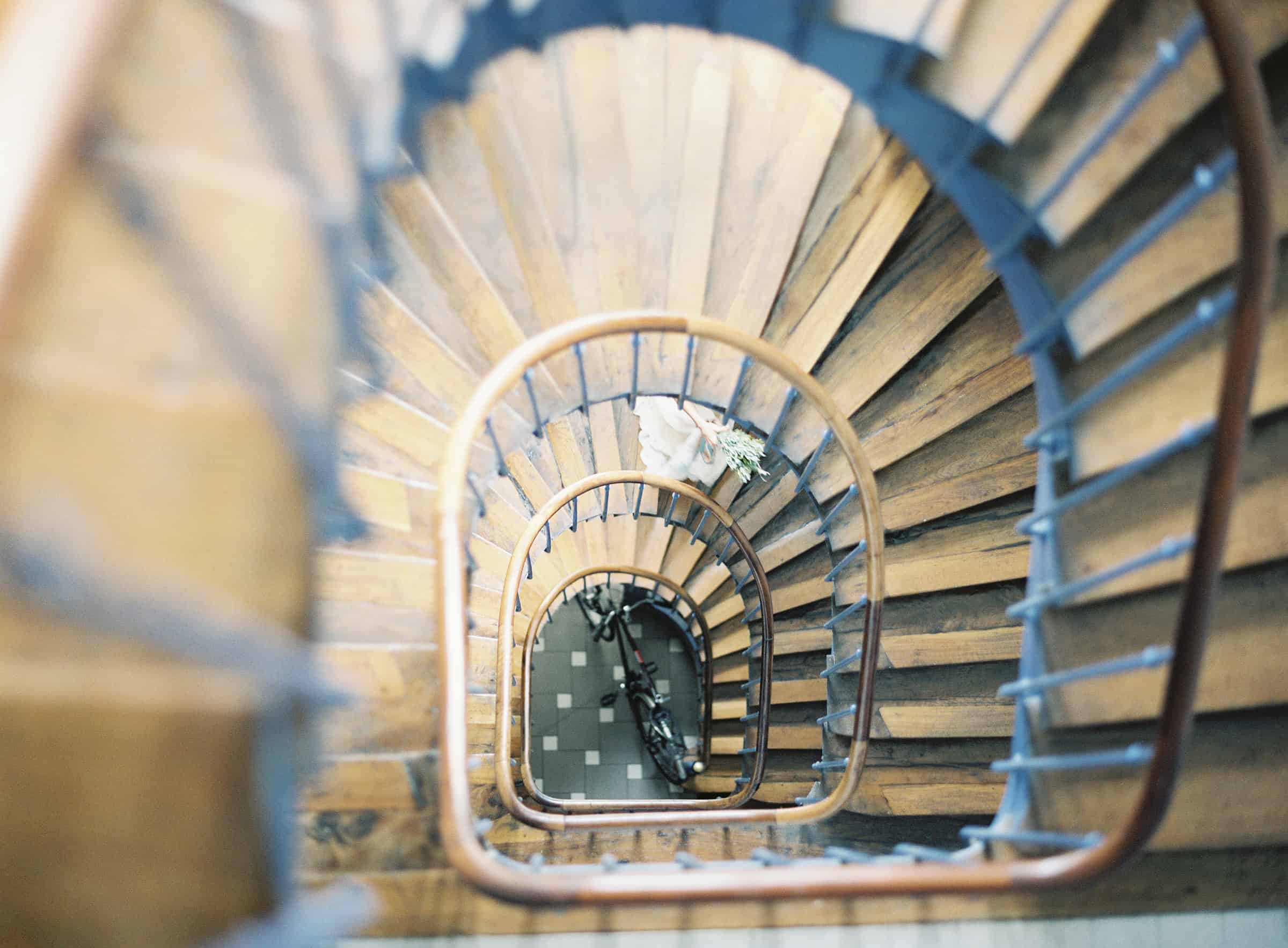









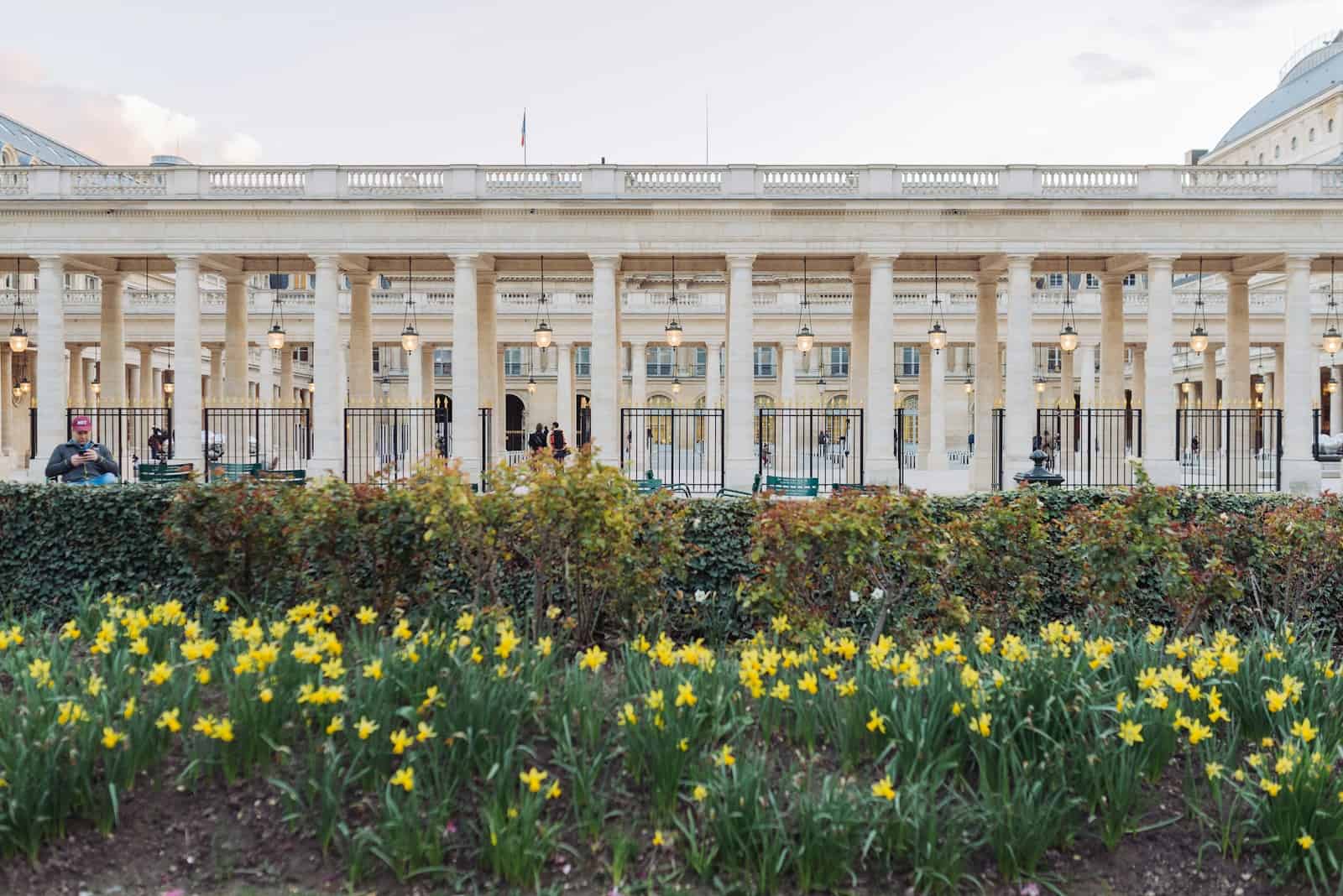
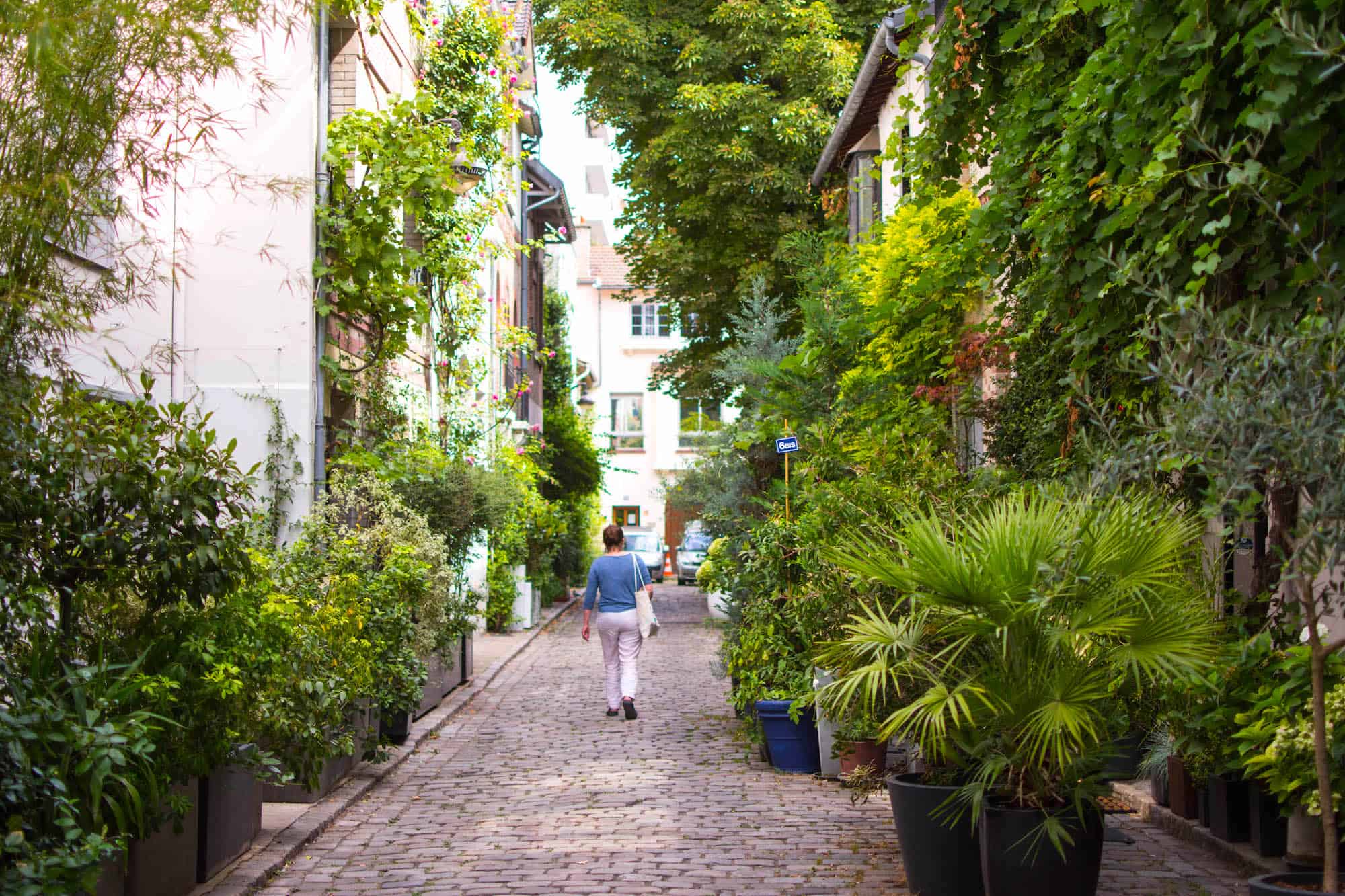







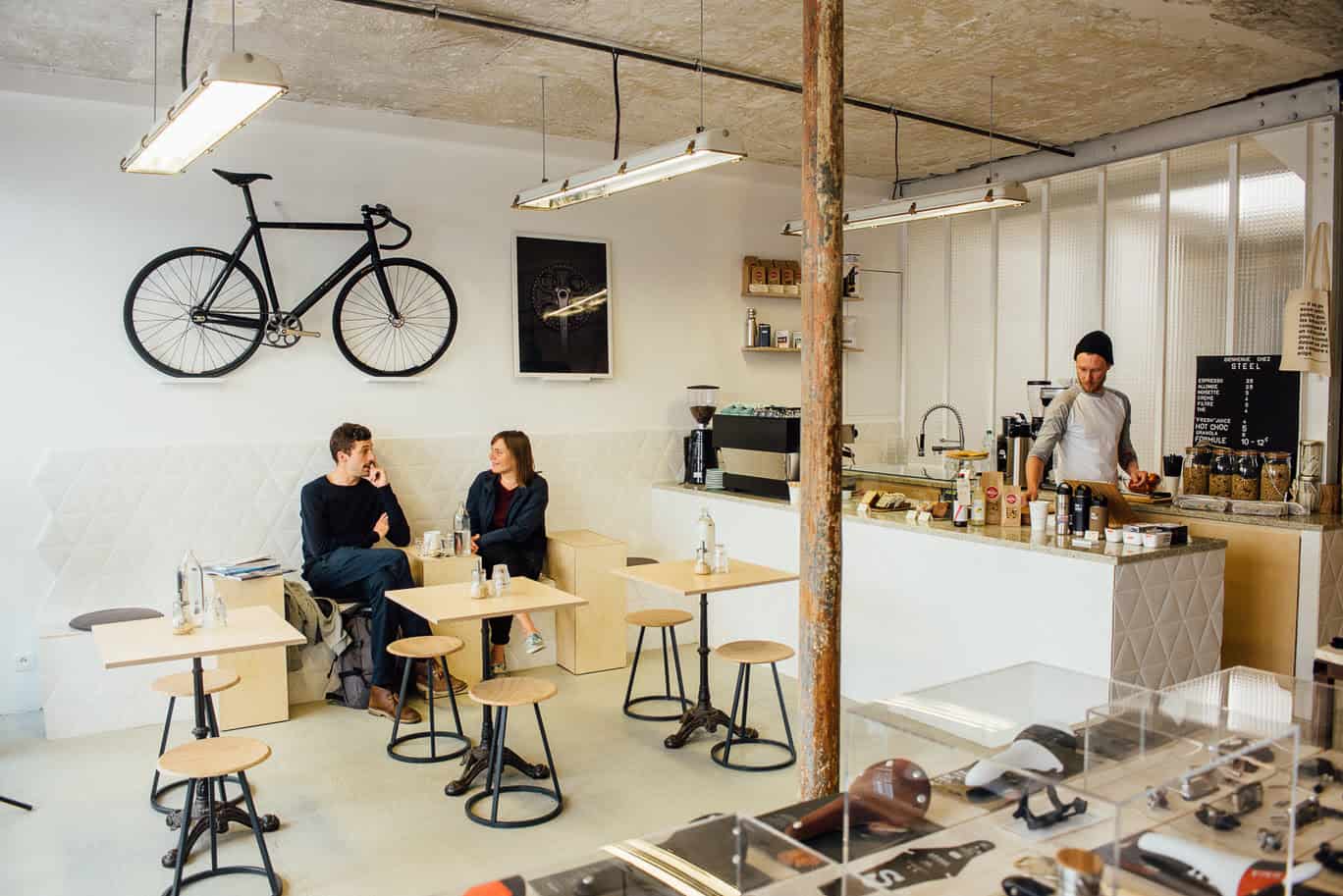

Don’t give in to the ageists. When they say Madame, be bold, brash, confident, and stick it to them, that it is Mademoiselle.